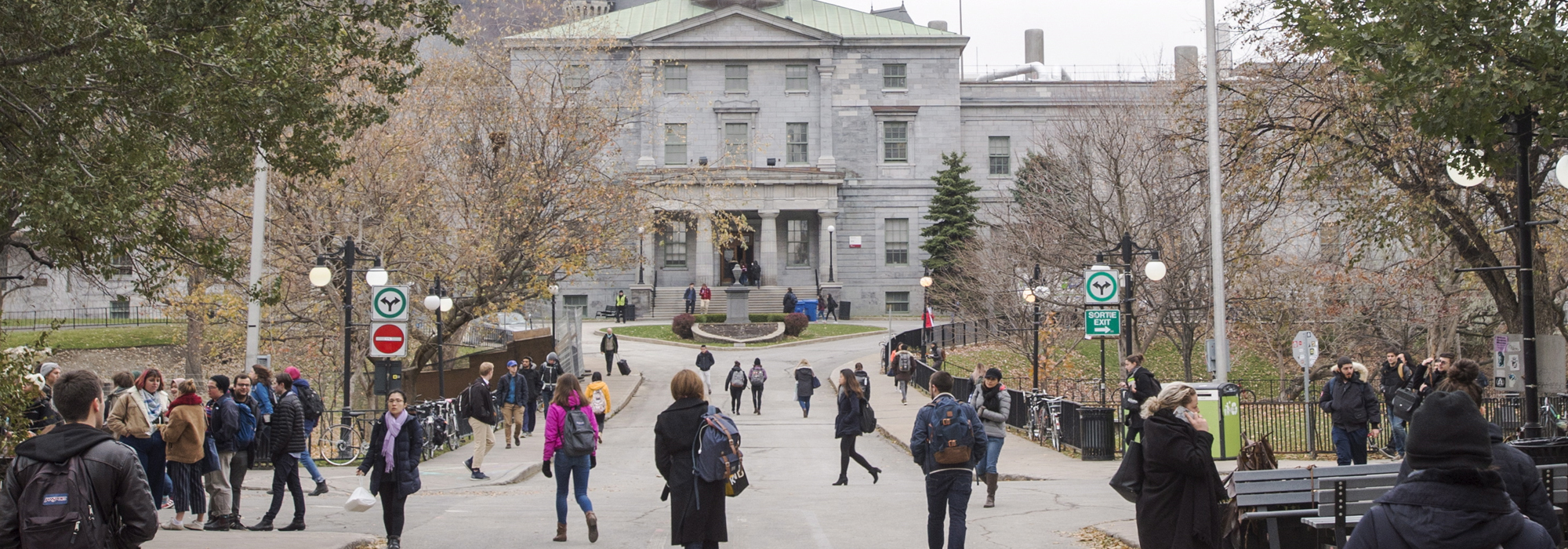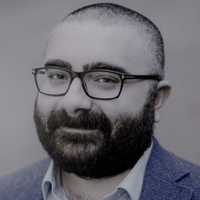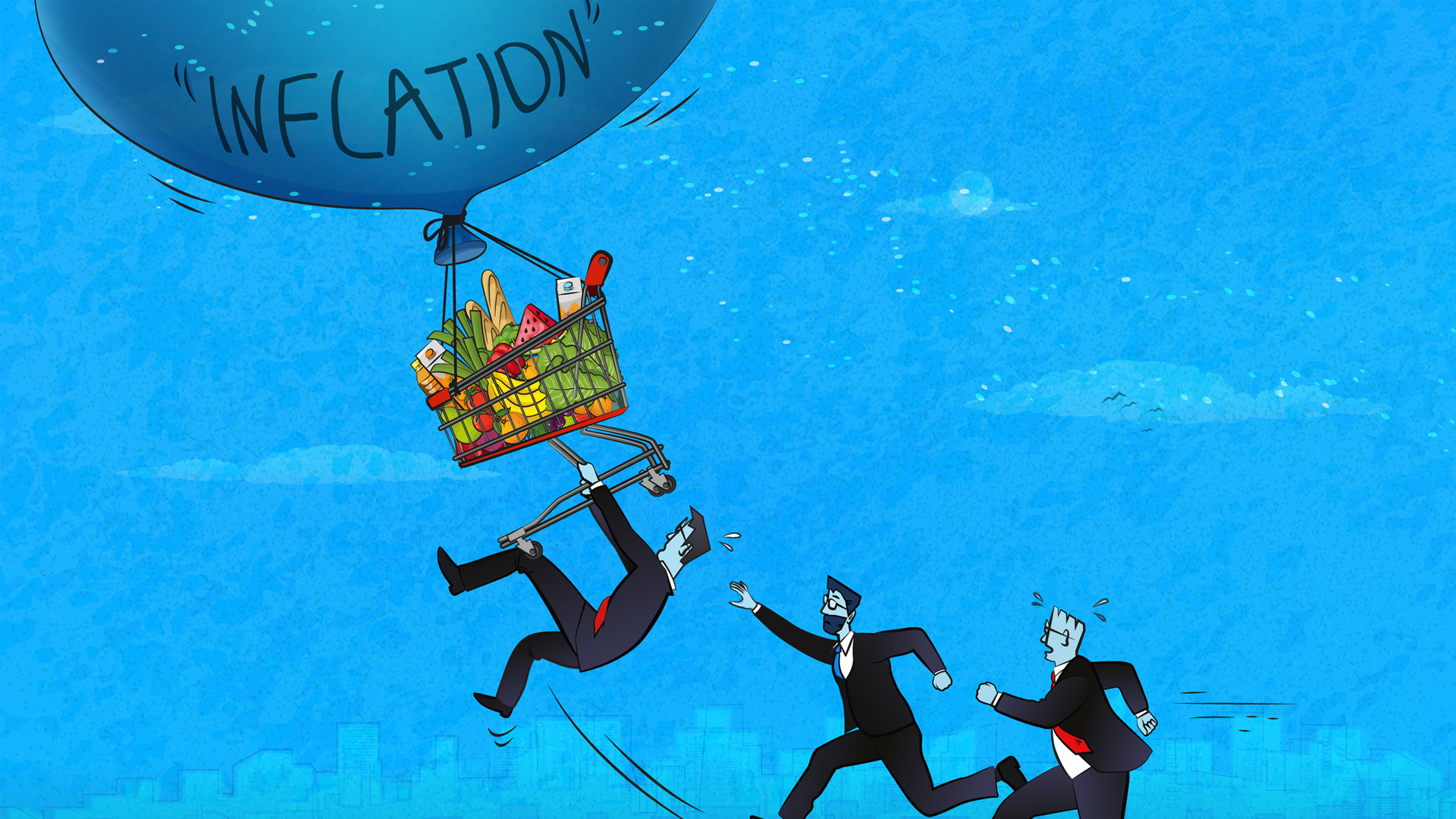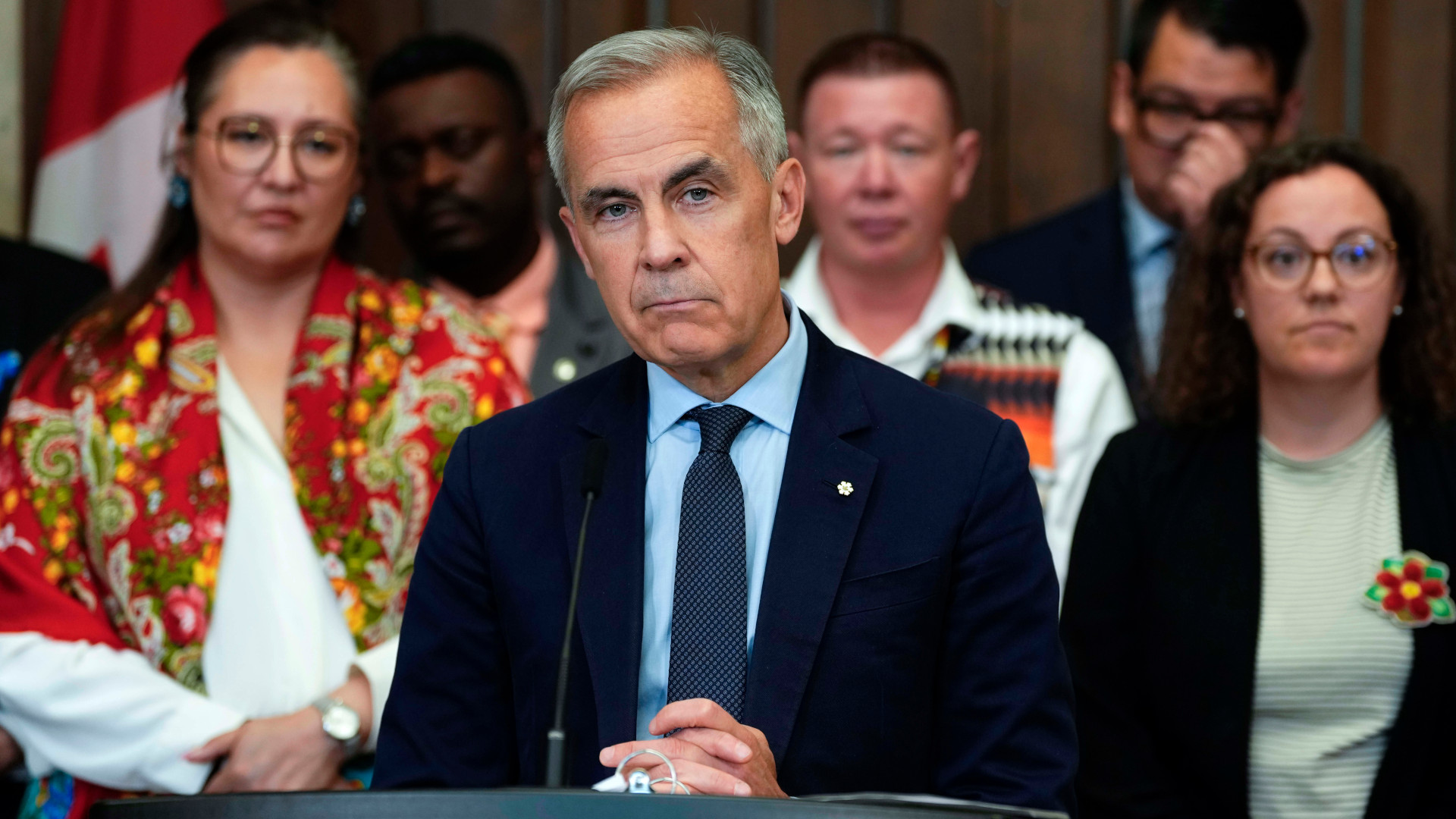
McGill University recently launched a new school of public policy, with $10 million donated by the Max Bell Foundation. The school aims to serve as a forum for mobilizing policy-oriented research around critical issues such as climate change. The school’s flagship teaching program will be a one-year graduate program in public policy. The school will have to compete with other established institutions in Canada not just over recruitment of future leaders of public policy, but also over who gets to help shape Canada’s policy agenda.
We live in an era of complex interdependencies and rapidly advancing technologies, in which many individuals are unable to participate fully in economic, social and cultural spheres. In the thick of heated policy debates in Canada and across the world, the Max Bell School can create added value and become a rising star if it manages to address three vital challenges for policy-making.
Pursuing a holistic approach
Policy-makers and public policy researchers have realized that they cannot achieve intended outcomes by focusing on specific sectors of public policy one at a time. Having a social impact warrants a holistic approach toward policy-making. The lynchpin of this perspective is a new logic of horizontal governance, in which different policy sectors and various stakeholders must coordinate and collaborate across different levels of public policy. However, public policy education and existing policy frameworks have not kept pace with this idea. Public policy education has hinged upon the compartmentalization of policy sectors such as housing, environment, transportation and welfare, among others.
Secondly, public policy curricula predominantly focus on the technicalities of policy analysis and usually overlook the fact that these policy discussions do not take place in a political vacuum. Therefore, students graduating from public policy programs lack necessary skill sets for navigating through highly contested political deliberations and communicating their policy ideas to policy-makers as well as to the public by keeping their ears tuned to these political considerations. In other words, graduates of public policy programs usually know what needs to be done to resolve a policy problem in a technical sense, but they lack the capabilities to mobilize different stakeholders around their proposed solution because they do not have a grasp of these stakeholders’ values, expectations and political views.
More participatory public policy
Increasing urbanization, international migration patterns and the influx of refugees, and widening economic inequalities have furthered the marginalization and vulnerabilities of communities at risk. Current ways of policy-making cannot cope with social exclusion, because top-down policy-making no longer works. Any policy proposal that does not incorporate the final beneficiaries into decision-making processes and does not take into account marginalized communities is doomed to fail.
Policy-making should be rights-based, which implies a variety of opportunities for relevant stakeholders to shape public policy and decisions that will affect their lives. The rights-based approach to public policy recognizes that interventions should not perpetuate established patterns of discrimination and should promote participation as the basis for active citizenship.
On the other hand, public policy programs do not necessarily equip their students with knowledge about various participatory mechanisms and consultative techniques. Without any doubt, students of public policy programs can conduct a needs assessment about a policy issue meticulously thanks to their technical and analytical background, but they are not fully cognizant of the fact that participatory policy-making warrants more than needs assessment. Beyond that, communities should be situated at the very core of the policy-making processes, because people are not passive recipients of commodities and services. On the contrary, they should be recognized as key actors in their development, since participation is not just a means, but also a goal in itself
Bracing for the impact of fourth Industrial Revolution
The inexorable rise of the fourth Industrial Revolution poses unprecedented challenges to public policy in different ways. A McKinsey study estimates that almost half of work activities globally have the potential to be automated, which will cost workers jobs. Artificial intelligence, robotics, 3D printing, drones and the Internet of Things, among other disruptive innovations ,will radically transform education systems and welfare regimes. Algorithmic regulation, a form of decision-making that hinges upon computational generation of knowledge with systematically collected data in real time, will have an important impact on a citizen’s relationship to the state. For instance, in the foreseeable future, speeding cars will no longer be pulled over by police, but instead they will be automatically ticketed whenever they exceed the speed limit thanks to GPS and automatic speed cameras. People are willing to opt for algorithmic regulation with the assumption that it will remove human error and bias. However, a growing body of evidence attests to how algorithms are prone to reproduce existing biases. What is worse is that these biases are concealed under mathematically complex algorithms.
In this context, public policy ecosystems must produce well-contemplated policy frameworks rather than knee-jerk reactions. Unfortunately, public policy schools have not yet devised comprehensive curricula and plausible theoretical frameworks to address the implications of the fourth Industrial Revolution. Public policy schools should teach their tech-savvy students that technology is not a panacea for our social problems, since technological products usually mirror human biases and reproduce marginalization. Graduates of public policy schools should be prepared to apply social inclusion lenses to their work, as part of their curricula and leadership development programs.
The director of McGill’s new policy school, Christopher Ragan, recognizes that the growing complexity of contemporary challenges demands that “we think about policy differently, that we develop our policy leaders differently, and that our best policy schools be designed a little differently.”
Time will show whether this new school will be able to deliver this different approach. A new public policy school, with a keen interest in collective impacts, community engagement, and social inclusion, and acquainted with the politicized nature of policy-making, will be the beacon of public policy development on the cusp of a new era.
Photo: McGill University’s campus is seen Tuesday, November 14, 2017 in Montreal. THE CANADIAN PRESS/Ryan Remiorz
Do you have something to say about the article you just read? Be part of the Policy Options discussion, and send in your own submission. Here is a link on how to do it. | Souhaitez-vous réagir à cet article ? Joignez-vous aux débats d’Options politiques et soumettez-nous votre texte en suivant ces directives.








